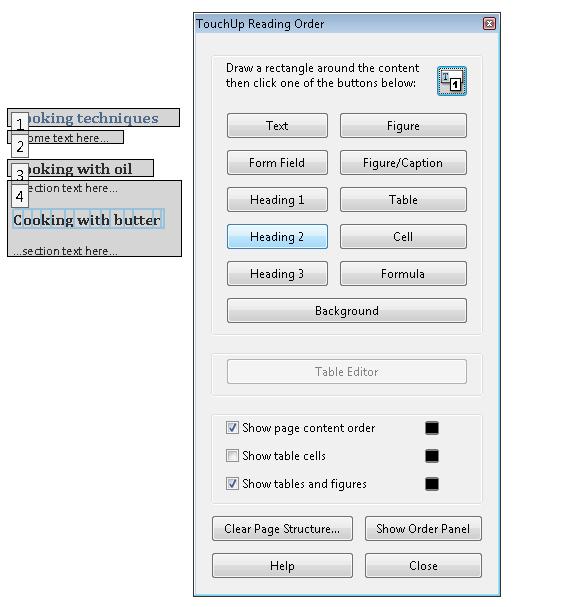Bringing Architecture To The Next Level Pdf Reader
Download Book:Bringing Architecture to the Next Level Bringing Architecture to the Next Level is the foundational book presented here at Sensing Architecture. It is a great place to start — as you begin to make sense of all of the information presented on this site. Within this book you will learn to shift your mindset. Abusing Windows Management Instrumentation (WMI) to Build a Persistent Asynchronous and Fileless Backdoor. Imagine a technology that is.


• • • • • • • • • • • • • • • • • • Can I specify a different PDF in the default viewer? You can modify the DEFAULT_URL variable in the web/viewer.js file or you can append the?file= query string to the viewer URL, e.g. In the latter case, the PDF path/URL must be encoded using encodeURIComponent(). The viewer can be started without any PDF loaded by setting the DEFAULT_URL variable to empty string or via using?file= parameter without any location specified. Use PDFViewerApplication.open(file) to load PDF later.
You can use raw binary data to open a PDF document: use Uint8Array instead of URL in the PDFViewerApplication.open call. If you have base64 encoded data, please it first -- not all browsers have atob or data URI scheme support.
(The base64 conversion operation uses more memory, so we recommend delivering raw PDF data as typed array in first place.) Can I load a PDF from another server (cross domain request)? Not by default, but it is possible. PDF.js runs with the same permissions as any other JavaScript code, which means it cannot do cross origin requests (see and ). There are some possible ways to get around this such as using (see also and ) or setting up a proxy on your server that will feed PDF.js the PDF file (example: ). Free Software Program Kasir Sederhana. Please notice that generic/demo viewer blocks this functionality if deployed not on mozilla.github.io domain to avoid content spoofing (see ). What browsers are supported? The objective is to support all HTML5 compliant browsers, but since feature support varies per browser/version our support for all PDF features varies as well.
We include compatibility.js by default which has polyfills for missing features. Find the list of features needed for PDF.js to properly work and browser tests for those features. In general, the support is below: Browser Supported Automated testing Notes Firefox (stable) Yes Windows/Linux Chrome (stable) Yes Windows/Linux Opera (stable) Yes None Android Limited None Android's own web browser version 4.0 or below lacks a number of features or has defects, e.g., in typed arrays or HTTP range requests. Safari Limited None Safari (desktop and mobile) lacks a number of features or has defects, e.g., in typed arrays or HTTP range requests. IE10/IE11/Edge Limited None IE10 or above are reported to have missing features and defects. IE9 Limited None IE9 lacks a number of features, most notably typed arrays which causes subpar performance.
IE8 or lower No None IE8 and below are missing too many features to be supported. What browsers have extensions (and where can I find install procedures)? The Chromium extension is maintained by a PDF.js contributor.